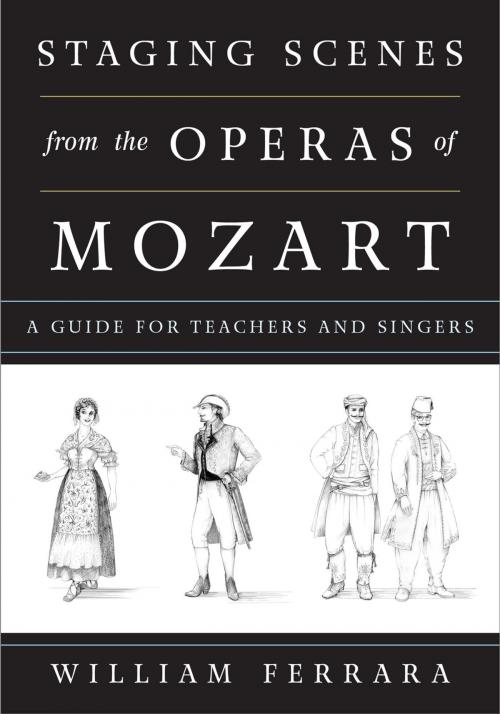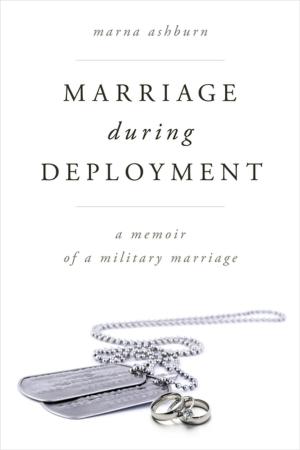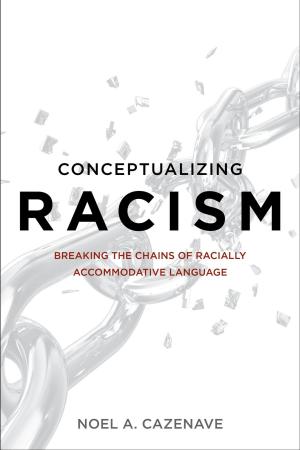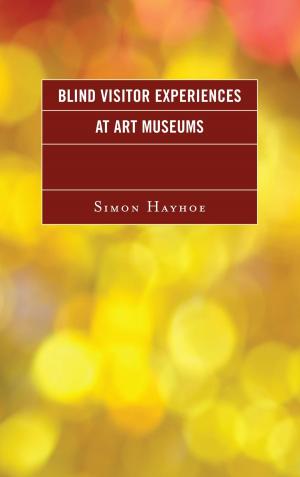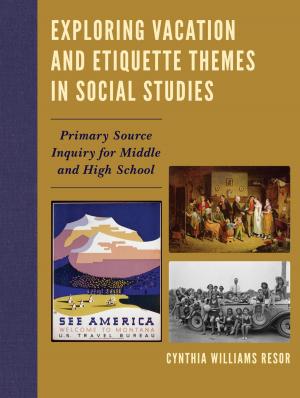Staging Scenes from the Operas of Mozart
A Guide for Teachers and Singers
Nonfiction, Entertainment, Music, Music Styles, Classical & Opera, Opera, Songbooks, Musical Scores| Author: | William Ferrara | ISBN: | 9780810888432 |
| Publisher: | Rowman & Littlefield Publishers | Publication: | May 8, 2014 |
| Imprint: | Rowman & Littlefield Publishers | Language: | English |
| Author: | William Ferrara |
| ISBN: | 9780810888432 |
| Publisher: | Rowman & Littlefield Publishers |
| Publication: | May 8, 2014 |
| Imprint: | Rowman & Littlefield Publishers |
| Language: | English |
In Staging Scenes from the Operas of Mozart: A Guide for Teachers and Singers, opera director William Ferrara offers the perfect resource for the dramatic preparation of opera scenes for directors and student performers. Topics include study and research, rehearsal planning, blocking, characterization, and costuming for four of Mozart’s most popular operas. He surveys basic concepts of opera acting and directing and provides a step-by-step guide to the rehearsal process. While much has appeared on the history and musical performance practice of the operas of Mozart, no guide to the directing and acting of his operas—with simple, concise staging instructions and practical information concerning casting, props, and costumes—has yet seen publication.
Featuring over one hundred illustrations, including costume designs by Martha Ferrara, the author breaks new ground for student performers and directors alike, as he walks readers through the process of staging scenes from Mozart’s operas. The first part of the guide, which focuses on study and preparation, comprisess five chapters: ideas for organizing the opera class, a description of the job of the director, a step-by-step review of the rehearsal process, a set of five exercises for researching and analyzing the scenes, and a vocabulary for actors and directors. The next four sections of the book consist of detailed staging guides for a selection of scenes from Mozart’s most frequently performed operas: Le Nozze di Figaro, Don Giovanni, Così fan tutte, and Die Zauberflöte. The introduction to each scene includes a brief discussion of the story and characters, suggestions for costuming, and minimal set and props. The heart of this guide is the text and translation of each scene, embedded with line-by-line acting notes, and blocking directions and diagrams. These are for use by the actors during speaking and blocking rehearsals and are especially valuable when rehearsing recitatives.
Intended for college and university voice teachers seeking guidance for developing a scenes program or opera workshop class, this is also the perfect workbook for students studying opera stage direction, as well as graduate and undergraduate students performing opera scenes by Mozart.
In Staging Scenes from the Operas of Mozart: A Guide for Teachers and Singers, opera director William Ferrara offers the perfect resource for the dramatic preparation of opera scenes for directors and student performers. Topics include study and research, rehearsal planning, blocking, characterization, and costuming for four of Mozart’s most popular operas. He surveys basic concepts of opera acting and directing and provides a step-by-step guide to the rehearsal process. While much has appeared on the history and musical performance practice of the operas of Mozart, no guide to the directing and acting of his operas—with simple, concise staging instructions and practical information concerning casting, props, and costumes—has yet seen publication.
Featuring over one hundred illustrations, including costume designs by Martha Ferrara, the author breaks new ground for student performers and directors alike, as he walks readers through the process of staging scenes from Mozart’s operas. The first part of the guide, which focuses on study and preparation, comprisess five chapters: ideas for organizing the opera class, a description of the job of the director, a step-by-step review of the rehearsal process, a set of five exercises for researching and analyzing the scenes, and a vocabulary for actors and directors. The next four sections of the book consist of detailed staging guides for a selection of scenes from Mozart’s most frequently performed operas: Le Nozze di Figaro, Don Giovanni, Così fan tutte, and Die Zauberflöte. The introduction to each scene includes a brief discussion of the story and characters, suggestions for costuming, and minimal set and props. The heart of this guide is the text and translation of each scene, embedded with line-by-line acting notes, and blocking directions and diagrams. These are for use by the actors during speaking and blocking rehearsals and are especially valuable when rehearsing recitatives.
Intended for college and university voice teachers seeking guidance for developing a scenes program or opera workshop class, this is also the perfect workbook for students studying opera stage direction, as well as graduate and undergraduate students performing opera scenes by Mozart.
